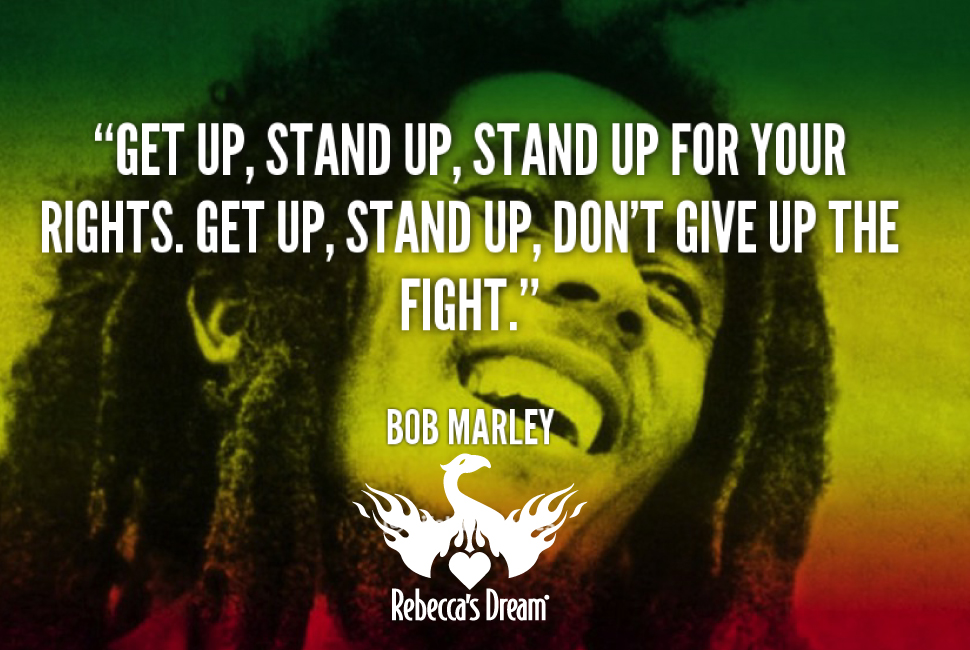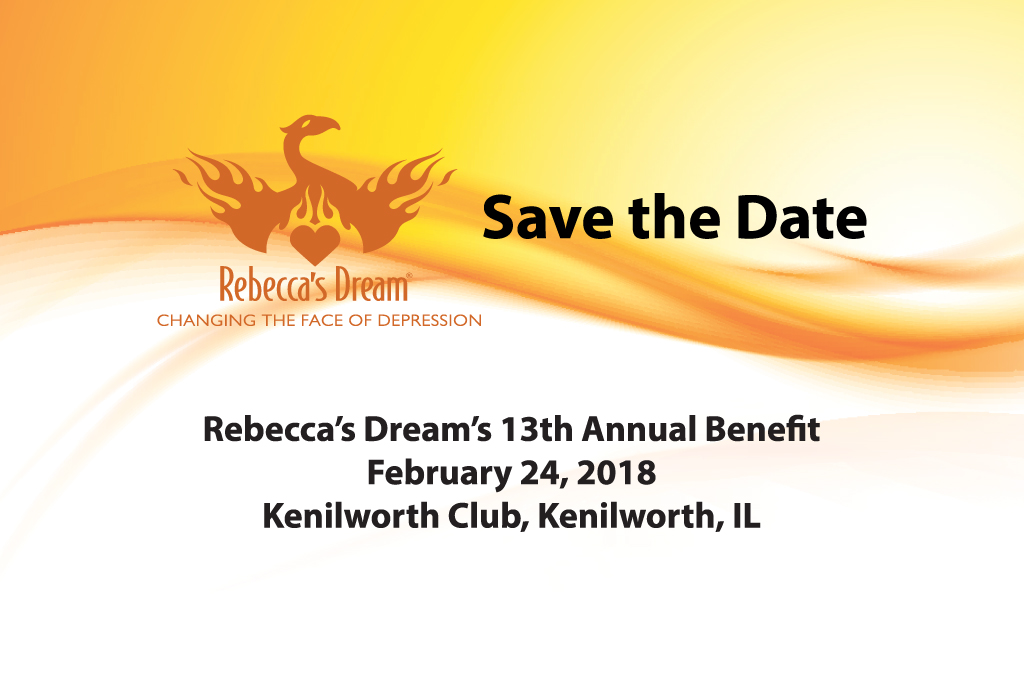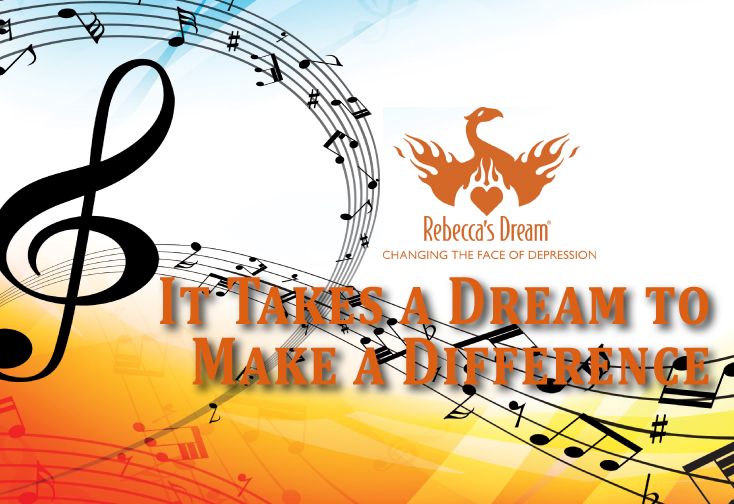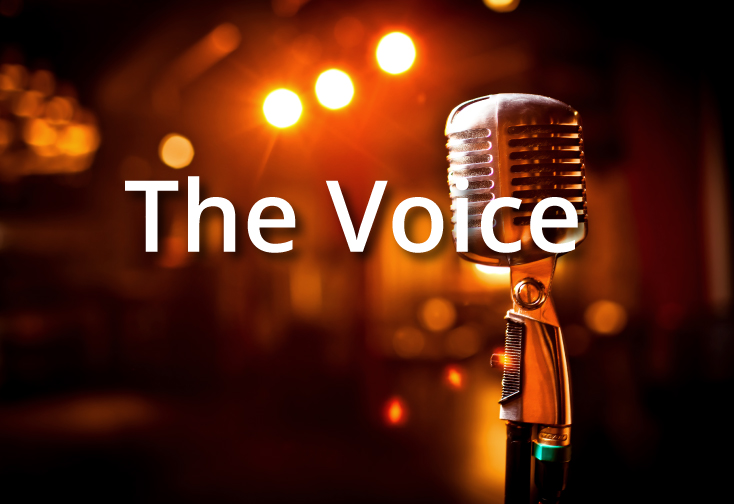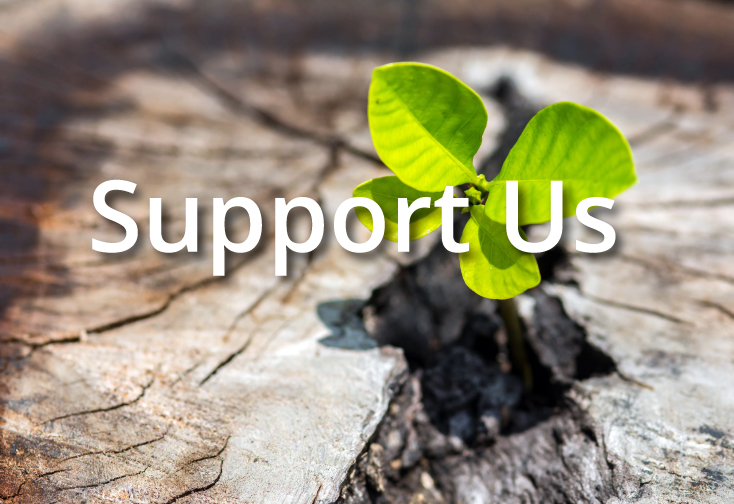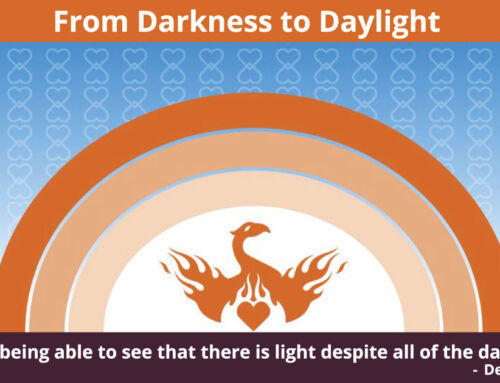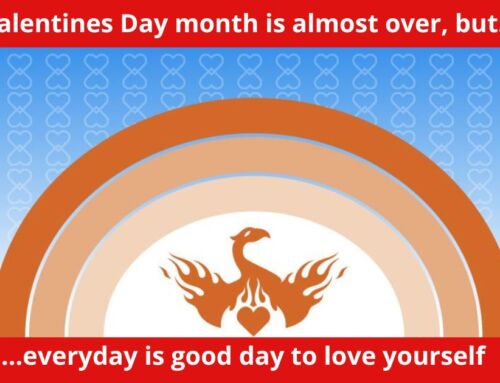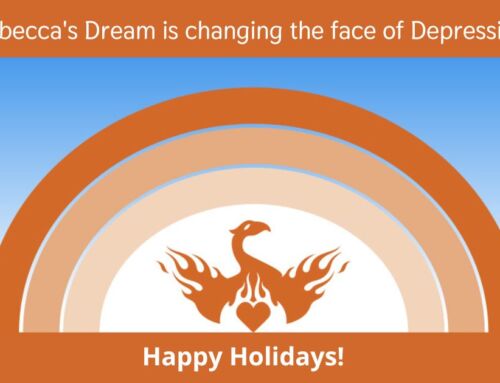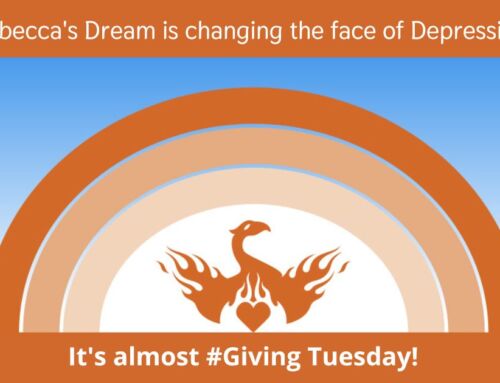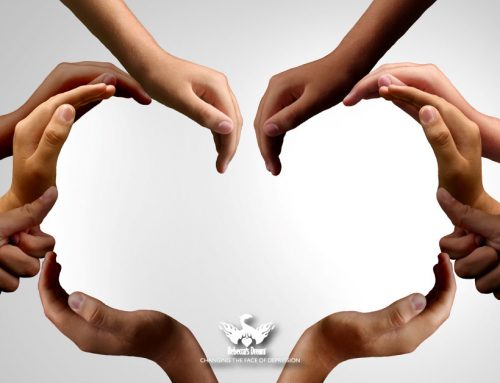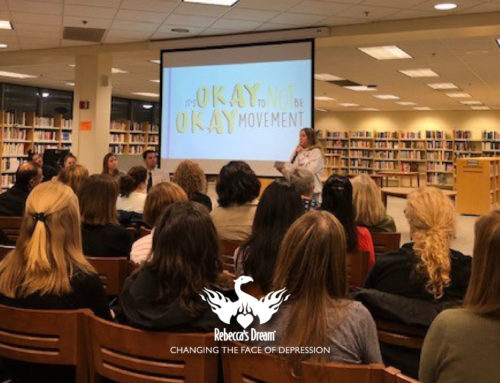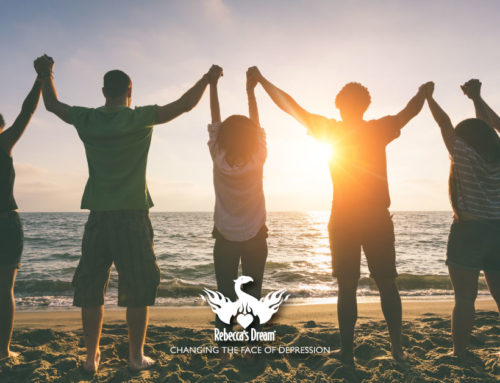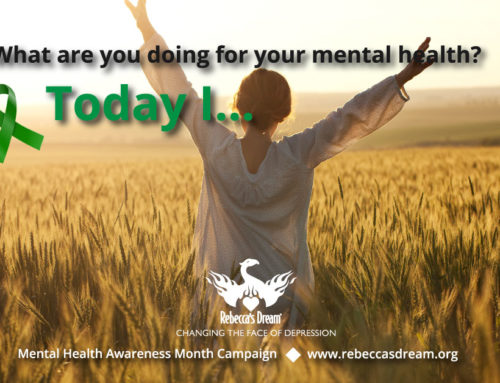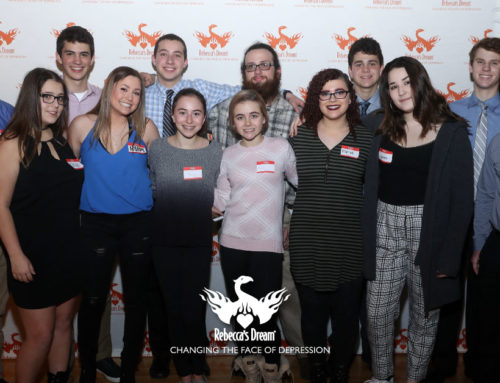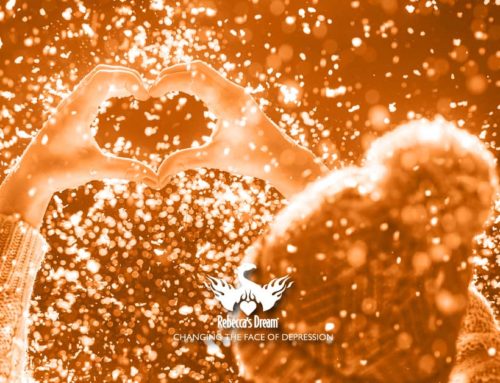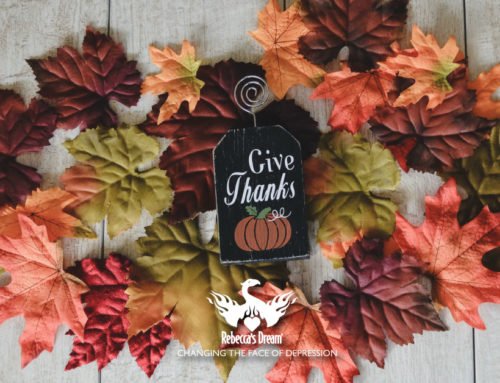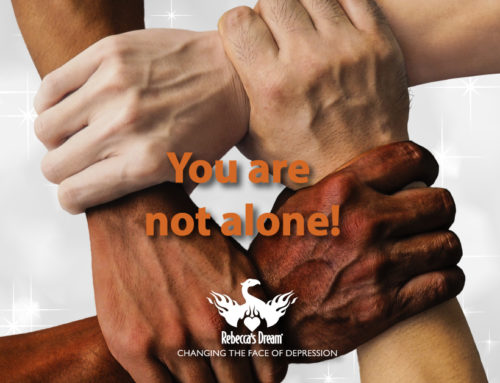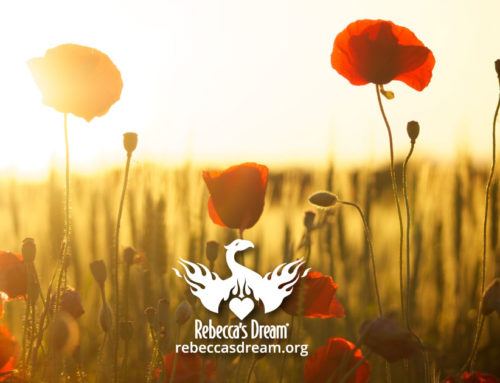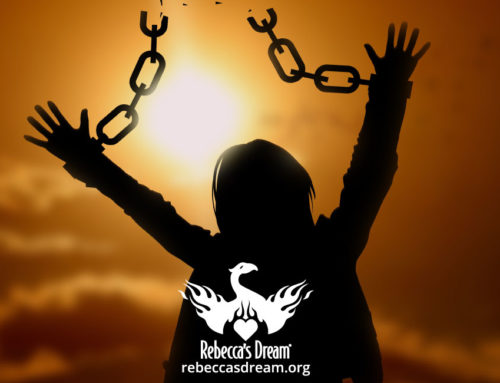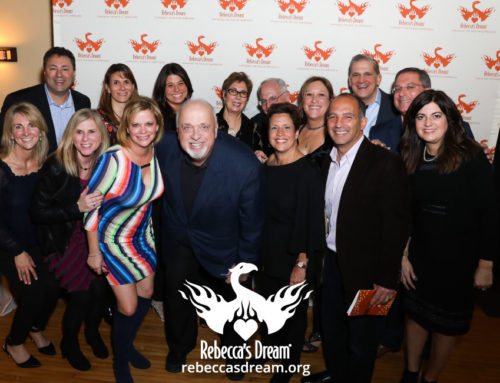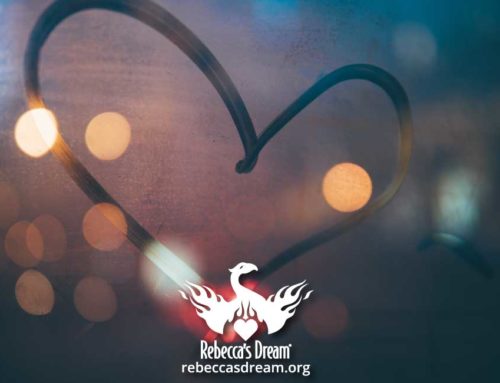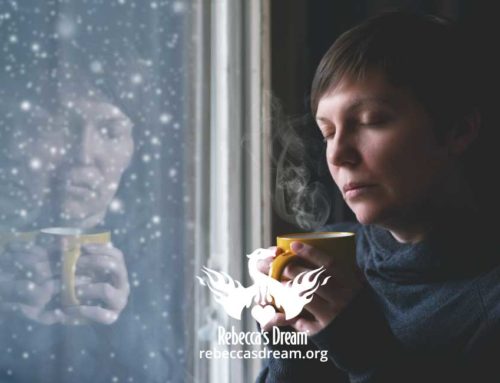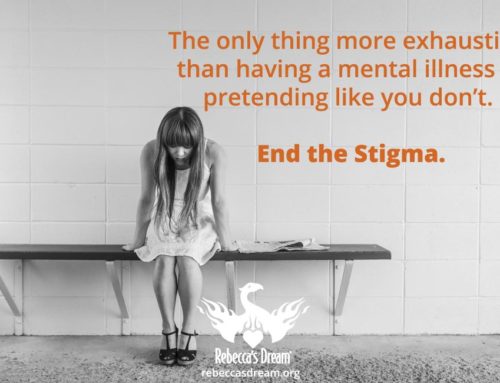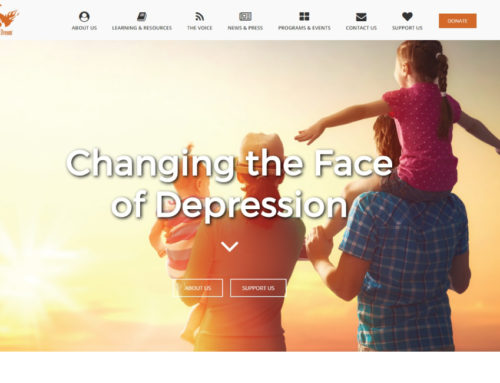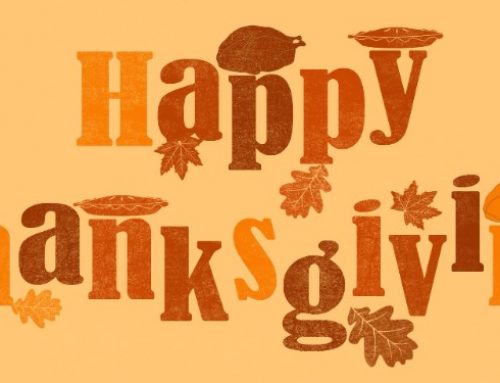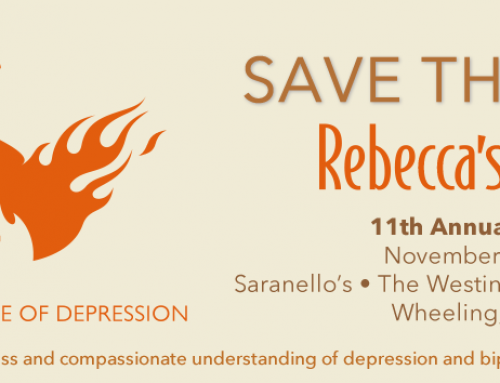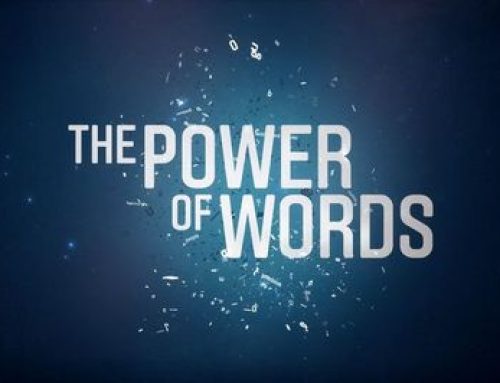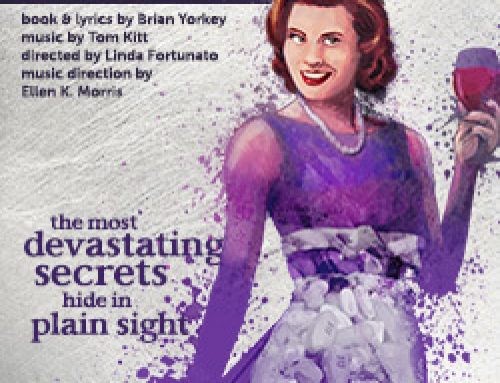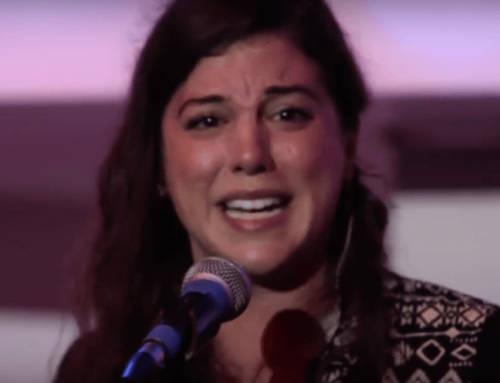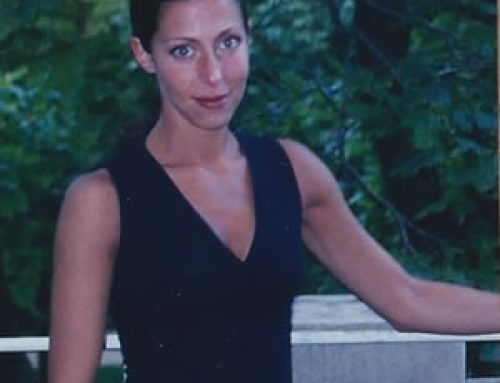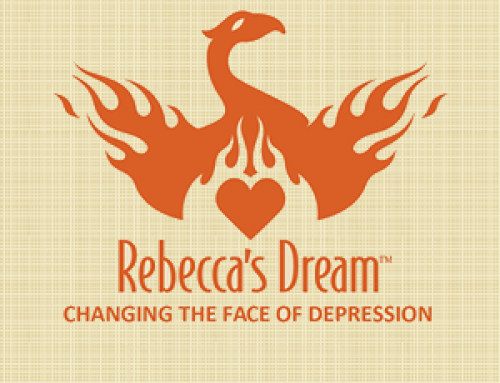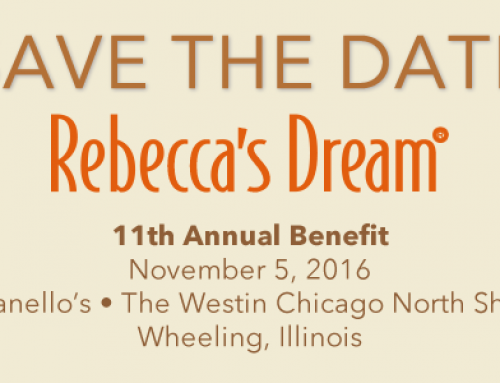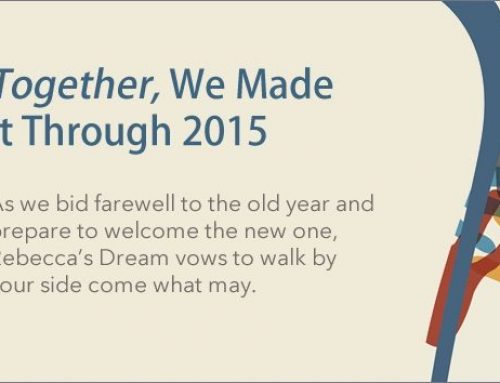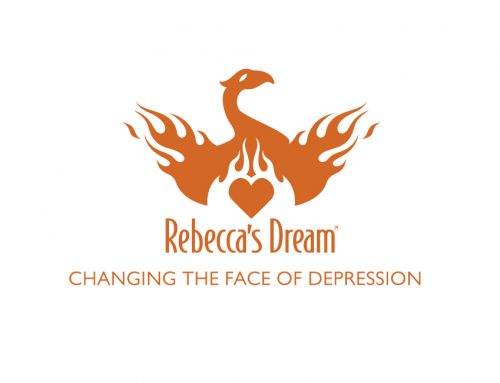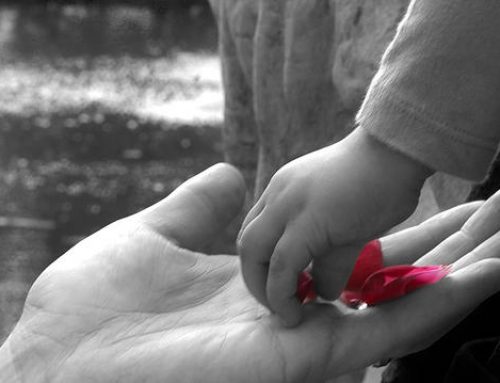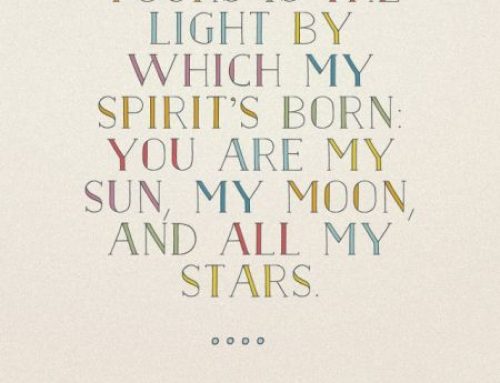Thank You, Bob Marley
“Important enough to repeat from 2013”
I
was ready to sit down until you said…GET UP, STAND UP.
I was ready to back down until you said…STAND UP FOR YOUR RIGHTS.
I was ready to give in until you said…DON’T GIVE UP THE FIGHT.
These are the words to Bob Marley’s 1973 classic, “Get Up, Stand Up.”* It was Marley, wrote Rolling Stone, who introduced the world to reggae, the socially observant music that was the heartbeat of the discontent, downtrodden Jamaican poor. And still today, “Get Up, Stand Up,” says National Geographic, is a human rights statement.
Thank you, Bob Marley, thank you. You wrote those words decades ago, but I needed to hear them here and now… in 2013, as I grapple with a different kind of social discontent and human rights struggle: the stigma ingrained in our society about mental illness. I needed your words to get me back on track. I’ve been feeling beaten down. Weary. Exhausted by the extreme effort it takes to fight that stigma and those ingrained beliefs…to promote awareness and compassionate understanding of depression and bipolar disorder as real diseases.
Just when I start to believe that truth is replacing myths and half-truths about mental illness, something or someone pushes me down. Just when I start to believe that compassionate individuals will stand up for the rights of others, something or someone pushes me down. And just when I start to think that we are so much farther along than we were when you, Mr. Marley, were alive, I am pushed down yet again.
On the heels of the “Dr. Phil” debacle (Gail’s Voice/August 2013), Norm and I were watching In a World, a movie we had long anticipated seeing when…out of the blue, the main character, Carol (played by actress/director/screenwriter Lake Bell) starts spouting words of complete disrespect for those living with mental health issues. This larger-than-life figure on the big screen didn’t stop the tirade for, what felt like, several good, long minutes. The reaction of the people around us in the theater was just like that of the audience in the “Dr. Phil” TV episode: LAUGHTER.
The main character’s words were hateful, degrading, and ignorant. And what did they accomplish? Did they add to the content of the movie in any way? Did they contribute to the movie’s message about the world and work of voice-over artists? Did they help promote any kind of real understanding of the struggle that millions of people who live with mental illness face daily? No, no, and NO. Why add such superfluous—and hurtful—language to a script? Does offending, hurting, dismissing, humiliating, and shaming so many innocent people really and truly qualify as “entertaining”?
I’ve been hypersensitive to the use of shaming language ever since Rebecca’s diagnosis of depression and bipolar disease. It was my maternal instinct to protect her. It was then—and remains so now. But now, since her death in 2004, I feel like that instinctive part of me extends to try to protect everyone with mental illness. I’m a mother who wishes she could help more than 22 million people. No wonder I feel exhausted.
This mother is learning that she cannot change the world. Writers, TV personalities, the average guy and gal will continue to use crude and humiliating language. Perhaps it’s some elusive marketing strategy, but for reasons I truly cannot understand, something about this type of language, terrible and offensive as it is, makes a point, elicits a laugh, and helps make someone somewhere feel like he/she is “better than,” “more than” someone else.
Perhaps this mother cannot change the world. But remembering Bob Marley’s anthem, she is increasingly discontent and is renewing her vow to
GET UP, STAND UP,
STAND UP FOR YOUR RIGHTS!
GET UP, STAND UP,
STAND UP FOR YOUR RIGHTS!
GET UP, STAND UP,
DON’T GIVE UP THE FIGHT!
I ask each of you to get up with me…to confront the damaging social stigma against mental illness. I ask each of you to stand up with me…for the rights of all human beings to live with dignity, hope, and courage. I ask each of you to keep up the fight…against words that hurt and shame and disrespect. Then, someday, Mr. Marley, we will indeed be farther along than we are now. We will be closer to CHANGING THE FACE OF DEPRESSION.
Thank you, Bob Marley. Thank you.
Gail
*Bob Marley & Peter Tosh/The Wailers. “Get Up, Stand Up.” Burnin’. Tuff Gong Records/Island Records. 1973.
“Never waste your time trying to explain yourself to people who are committed to misunderstanding you.”
HealthyPlace.com
“I’m Fine”
By Lexi Cohn, Kylie Cutler, Bella McAlhaney, Rae Cohen and Emma Hill
This video was developed, scripted and produced by five amazing 8th grade students from Edgewood Middle School in Highland Park, IL. It started as a school project and was an Official Selection of Reel 112 Film Festival moderated by Milos Stehlik of Facets and NPR. Films were created and submitted by all 8th grade students of the three middle schools in the district and the most compelling were chosen to be part of the Reel 112.
The vision was to create a video to help educate students about depression, what it feels like and when to seek help.
The most important message is, that with help “you can still have a healthy successful life and positively impact the world.”
Featured Book
The Up And Down Life: The Truth About Bipolar Disorder–the Good, the Bad, and the Funny
by Paul E. Jones
A fresh, honest, and practical guide to living with bipolar disorder.
Paul Jones, a stand-up comedian and workshop leader who suffers from bipolar disorder, uses humor, honesty, and hard-won practical advice to dispel the stigma surrounding mental illnesses and shed light on the challenges of living with bipolar disorder.
Offering an intimate view of life with bipolar disorder—including the most common mistakes bipolar individuals make and how to avoid them— and covering every aspect from diagnosis, social life, home life, and career, this is an accessible and engaging guide from someone who’s been there and can help readers cope and thrive.


